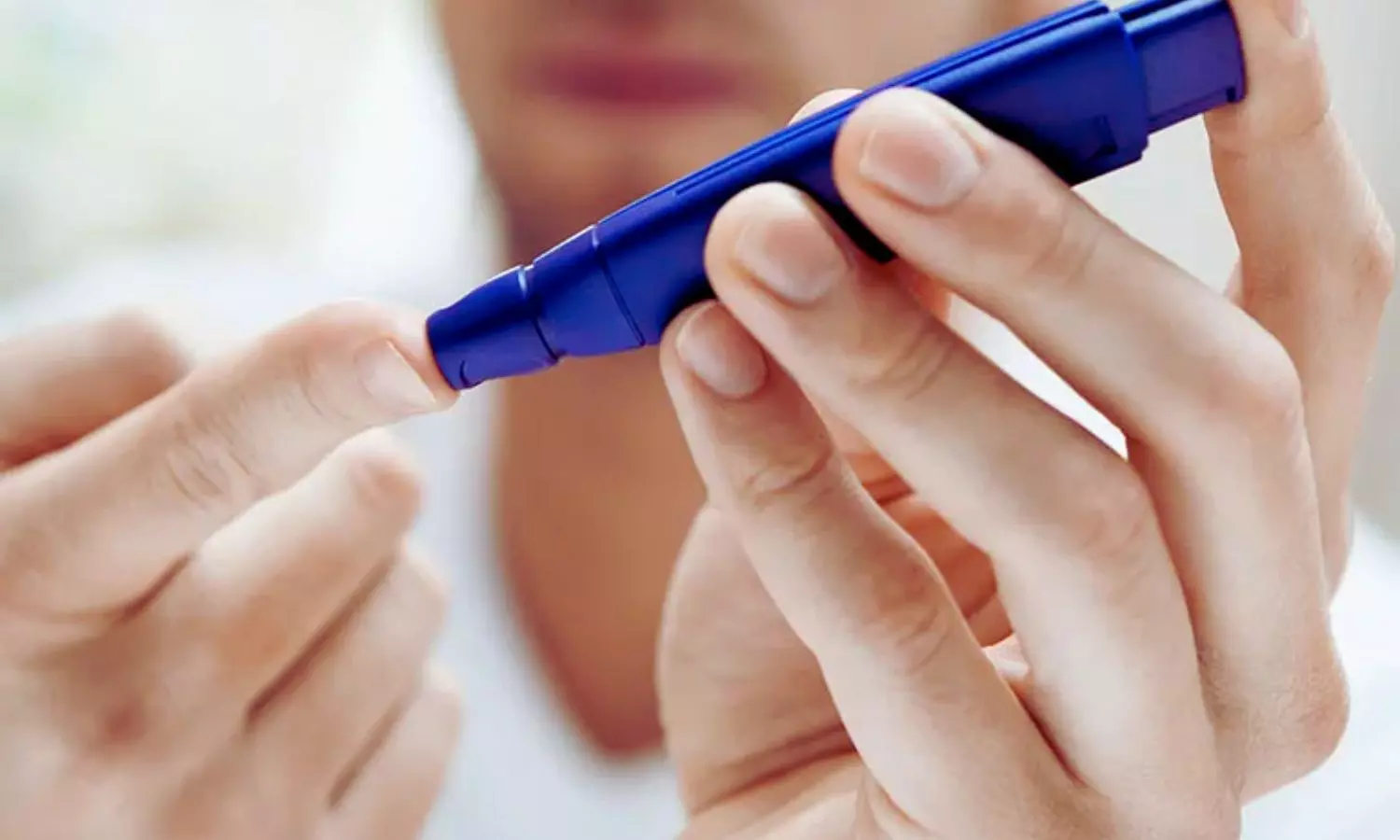Young-Onset Diabetes Tied to Beta Cell Deficiency, Not Obesity: PHENOEINDY-2 Study
- byDoctor News Daily Team
- 11 September, 2025
- 0 Comments
- 0 Mins

India: A recent study published inDiabetologiahas shed light on a unique presentation oftype 2 diabetesamong young adults in Assam, India-one that defies the conventional link betweendiabetesandobesity. Conducted by Dr. Anupam Dutta and colleagues from the Department of Medicine, Assam Medical College and Hospital, Dibrugarh, the PHENOEINDY-2 study highlights a concerning prevalence of non-autoimmune diabetes among undernourished individuals, with beta cell dysfunction emerging as the primary driver. The study involved 240 GADA-negative young adults (diagnosed with type 2 diabetes before the age of 40) and 252 non-diabetic individuals from similar socio-economic backgrounds as controls. Notably, both groups shared a median BMI of 23 kg/m². Many participants came from economically disadvantaged tea garden communities, a setting that offered critical insights into the interplay between poverty, malnutrition, and metabolic disorders. The key findings of the study were as follows: Further classification revealed that around two-thirds of the participants with diabetes belonged to the "severely insulin-deficient diabetes" (SIDD) subgroup based on the Swedish classification system. These findings point toward beta cell deficiency, rather than insulin resistance, as the primary abnormality in this population. The authors suggest that multigenerational undernutrition may play a crucial role in the development of diabetes in this setting. The study underscores the need to broaden the understanding of diabetes phenotypes in low- and middle-income countries and tailor interventions accordingly. "The PHENOEINDY-2 study calls attention to the heterogeneity of young-onset type 2 diabetes in India. In regions like Assam, where undernutrition remains a persistent issue, the conventional obesity-linked model of diabetes may not apply. Instead, chronic nutritional deprivation and associated beta-cell impairment appear to be at the heart of the disease's development," the authors concluded. Dutta, A., Dutta, P.K., Baruah, S.M. et al. Non-autoimmune diabetes in young people from Assam, India: the PHENOEINDY-2 study. Diabetologia (2025). https://doi.org/10.1007/s00125-025-06500-9
Disclaimer: This website is designed for healthcare professionals and serves solely for informational purposes.
The content provided should not be interpreted as medical advice, diagnosis, treatment recommendations, prescriptions, or endorsements of specific medical practices. It is not a replacement for professional medical consultation or the expertise of a licensed healthcare provider.
Given the ever-evolving nature of medical science, we strive to keep our information accurate and up to date. However, we do not guarantee the completeness or accuracy of the content.
If you come across any inconsistencies, please reach out to us at
admin@doctornewsdaily.com.
We do not support or endorse medical opinions, treatments, or recommendations that contradict the advice of qualified healthcare professionals.
By using this website, you agree to our
Terms of Use,
Privacy Policy, and
Advertisement Policy.
For further details, please review our
Full Disclaimer.
Recent News
Pathologist's signature on medical reports not mus...
- 02 November, 2025
UP Eyes Japanese Investment: 125 Pharma Giants Inv...
- 02 November, 2025
Delhi Govt to recruit 1,593 senior resident doctor...
- 02 November, 2025
Former Drug Inspector's Office Clerk Jailed for Ta...
- 02 November, 2025
Daily Newsletter
Get all the top stories from Blogs to keep track.


0 Comments
Post a comment
No comments yet. Be the first to comment!